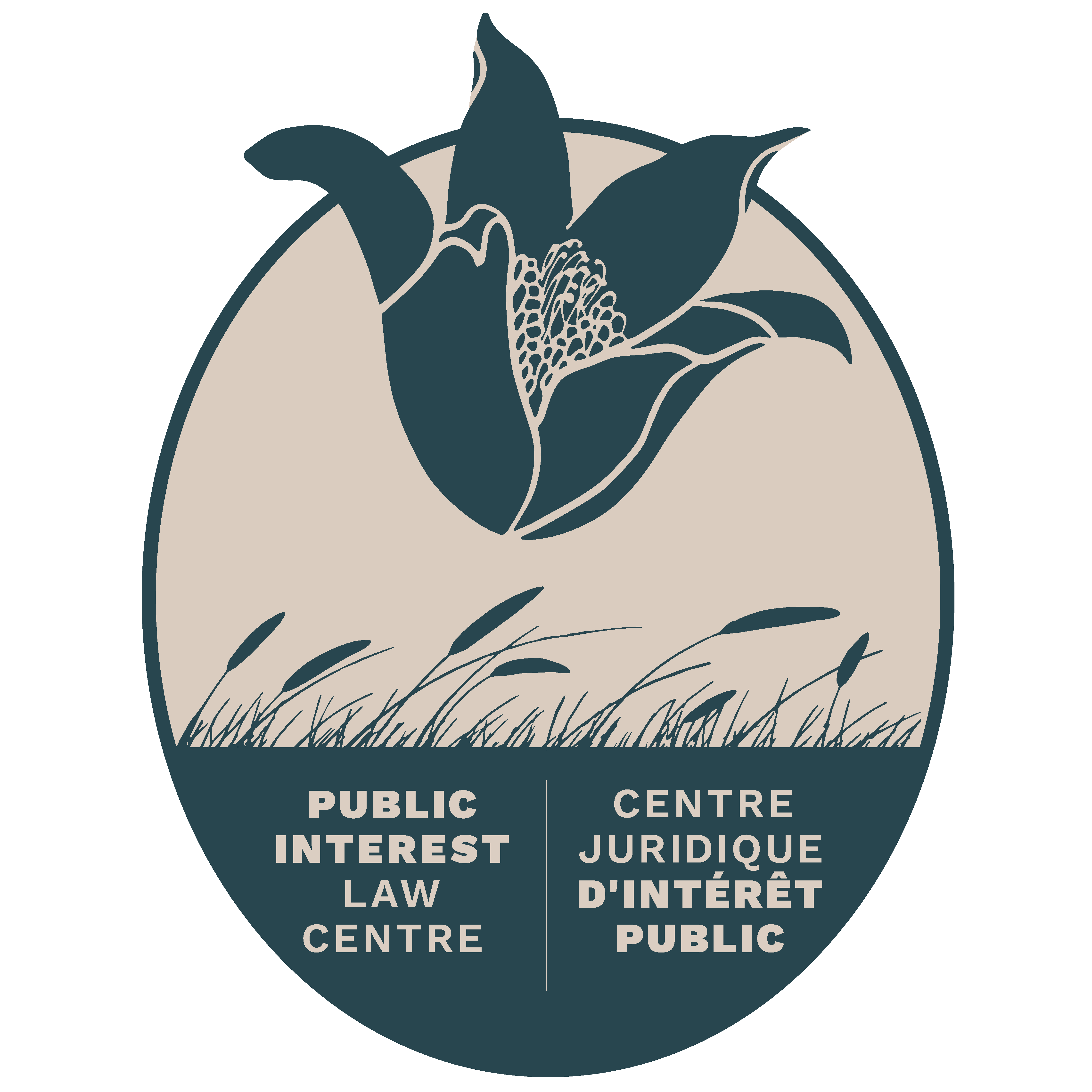CRTC Wireless Review
10/06/2019
The Public Interest Law Centre is representing three Manitoba organizations in a review by the Canadian Radio-television and Telecommunications Commission (CRTC) of Canada’s mobile wireless framework.
Winnipeg Harvest, the Aboriginal Council of Winnipeg and the Consumers’ Association of Canada (Manitoba), together the Manitoba Coalition, recently filed an expert report with the CRTC, which shows that while high-income Canadian earners almost universally adopt mobile services, lower income users are dramatically less likely to subscribe to a mobile service. The data compiled by Dr. Dwayne Winseck and Mr. Ben Klass shows that Canadian mobile service prices are uniformly amongst the highest in developed nations, and sometimes remarkably higher than those found in comparable countries. The Klass/Winseck report examines the state of mobile wireless markets in Canada and internationally. Even though a fourth carrier has emerged in most parts of Canada recently, progress has been slow, and markets remain highly concentrated across the country. Three large players continue to dominate — Telus, Rogers and Bell.
In this proceeding, which will culminate in an oral hearing in January 2020, the Manitoba Coalition will recommend that the CRTC mandate wholesale access for Mobile virtual network operators (MVNOs) to the networks of mobile operators. MVNOs are a regular feature of mobile markets around the world. They help to expand service to customers who would otherwise be ignored by large mobile network operators. MVNOs are mobile network operators without a spectrum license. They provide competition by buying airtime from the established players and then packaging and reselling it to consumers in different niches. This offers more flexibility and diversity in the marketplace. Yet in Canada to date, the market remains firmly under the control of facilities-based providers, who have shown little interest in allowing MVNOs to operate.
The Manitoba Coalition will also explore the merits of a $20-$25 basic wireless package including voice, text and data as a condition of service that all wireless carriers must provide. It also will canvass potential mechanisms to assist in addressing wireless access deficits in rural and remote communities.



